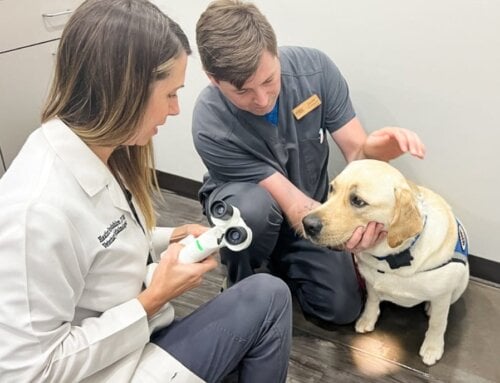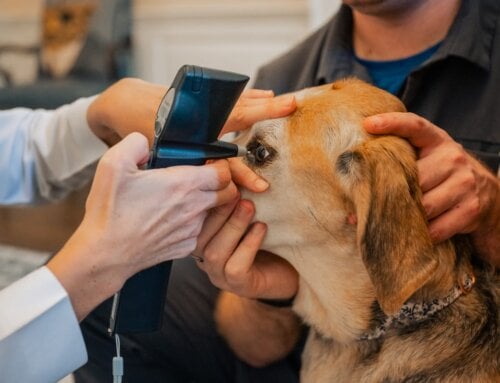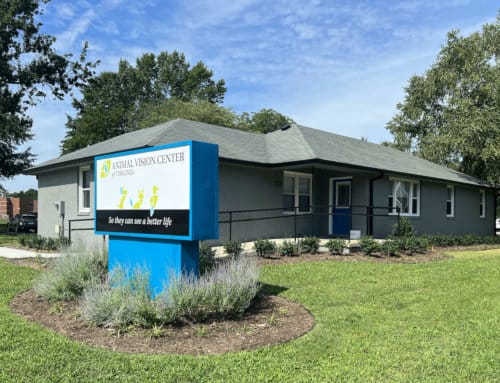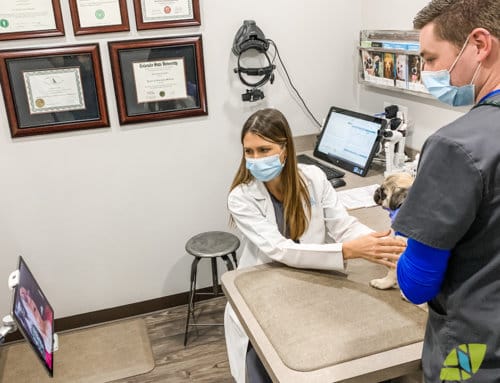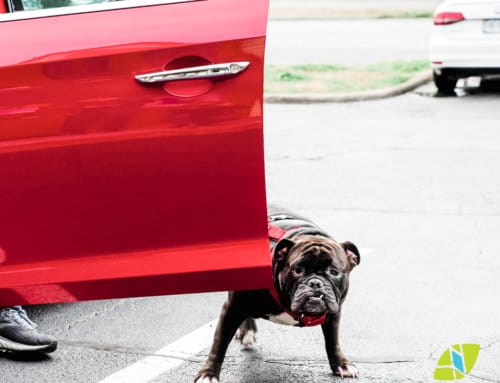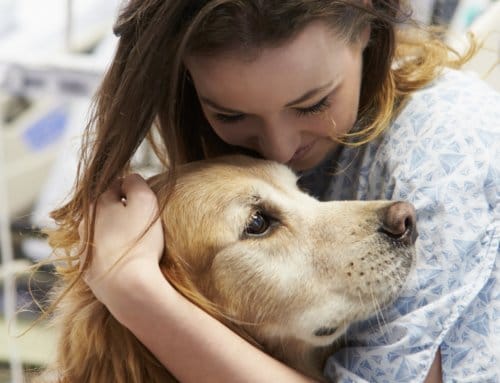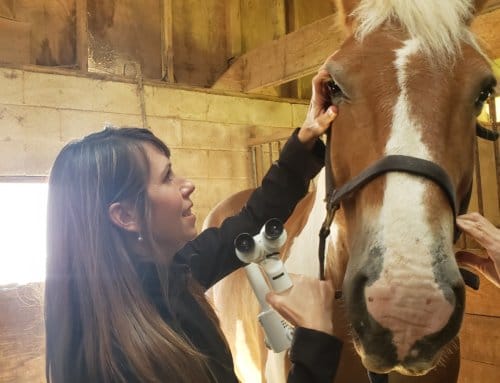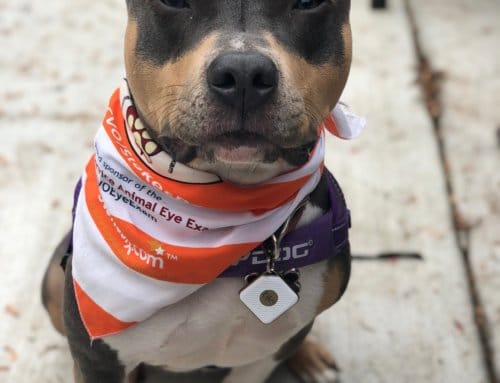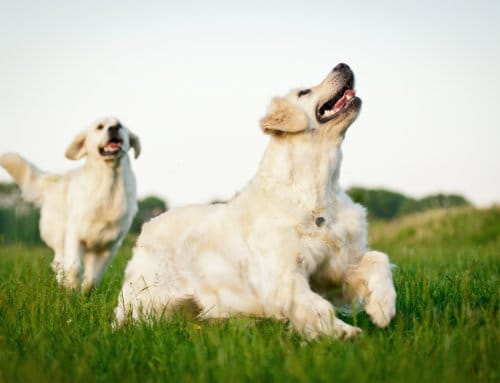(Hampton Roads, Va., Aug. 6, 2021) – The purrs and nuzzles of pandemic pets have been good for those seeking comfort and support this past year. Veterinarians love that more people are opening their homes to animals, with many choosing pet ownership for the first time. But the influx of new pets is adding to the stress of maxed-out practices and overworked staff. “Please be patient,” advise a group of Coastal Virginia veterinarians.
“On average, local veterinary practices are experiencing as much as a 30% increase in the number of new pet patients they see,” said Dr. Ashley Powell, a veterinarian with Animal Medical Center of Virginia Beach. “That means there are longer wait times for your pet to be seen.”
Powell and others are speaking up on behalf of local veterinary practitioners who are part of the Coastal Virginia Veterinary Medical Association (CVVMA). She oversees this charitable organization that provides support to the region’s veterinary community.
“With the capacity increase, it takes more time for our patients to be seen, from check-in to check-out, including emergency care appointments,” Powell said. “All we want is to see and help our pet patients, and for our clients to understand the scenario from our perspective.”
Demand for pet care began to increase last fall, as more people got pets to help ease the isolation of quarantine. These first-time pet owners seeking appointments for their animals’ vaccinations or boosters added to growing wait lists. With the extra time at home, some owners noticed health concerns in their pets for the first time, or they scheduled preventative care that had been postponed.
These combined factors had a snowball effect on the veterinary community. Staff members worked longer, more intense hours to accommodate the demand. At the same time, many practices were shifting their protocols to accommodate curbside appointments and new ways to be seen.
“Switching to curbside appointments has helped practice owners run their clinics more efficiently and safely, and it works well for many clients.” Powell said. “But the new COVID-related protocols take more time. We had more pets waiting to be seen than available appointment times.”
Backlogs are occurring at both general and emergency veterinary clinics, resulting in unprecedented wait times. Danielle Russ is the hospital manager of The COVE, a 24-hour emergency and specialty veterinary hospital in Suffolk.
“The need to stop elective procedures and non-emergency appointments in early COVID, combined with an influx of new pet ownership, has overwhelmed the veterinary healthcare system. It’s similar to stressors the human health care system has experienced this past year,” said Russ. “As veterinary care providers, we are dedicated to delivering the best client and patient care under these trying circumstances, but every limb of this tree is under pressure.”
While some practices are now allowing pet owners to accompany their pets to appointments, the increase of new patients and longer wait times hasn’t changed.
Dr. Heather Brookshire, who owns Animal Vision Center of Virginia, has noticed the strain that her colleagues in the general veterinary community are under.
“As a specialty practice, we’re not as impacted with capacity as general veterinary clinics are, but I am well aware of the strain on my veterinary colleagues,” said Brookshire. “I would like pet owners to know that the veterinary professionals treating their animals are providing quality care under very trying circumstances. Please be patient and kind. We’re pet parents, too, and we want the very best outcomes for your loved ones.”
When clients are interacting with their veterinary team, Powell and her group encourage pet owners to consider the following:
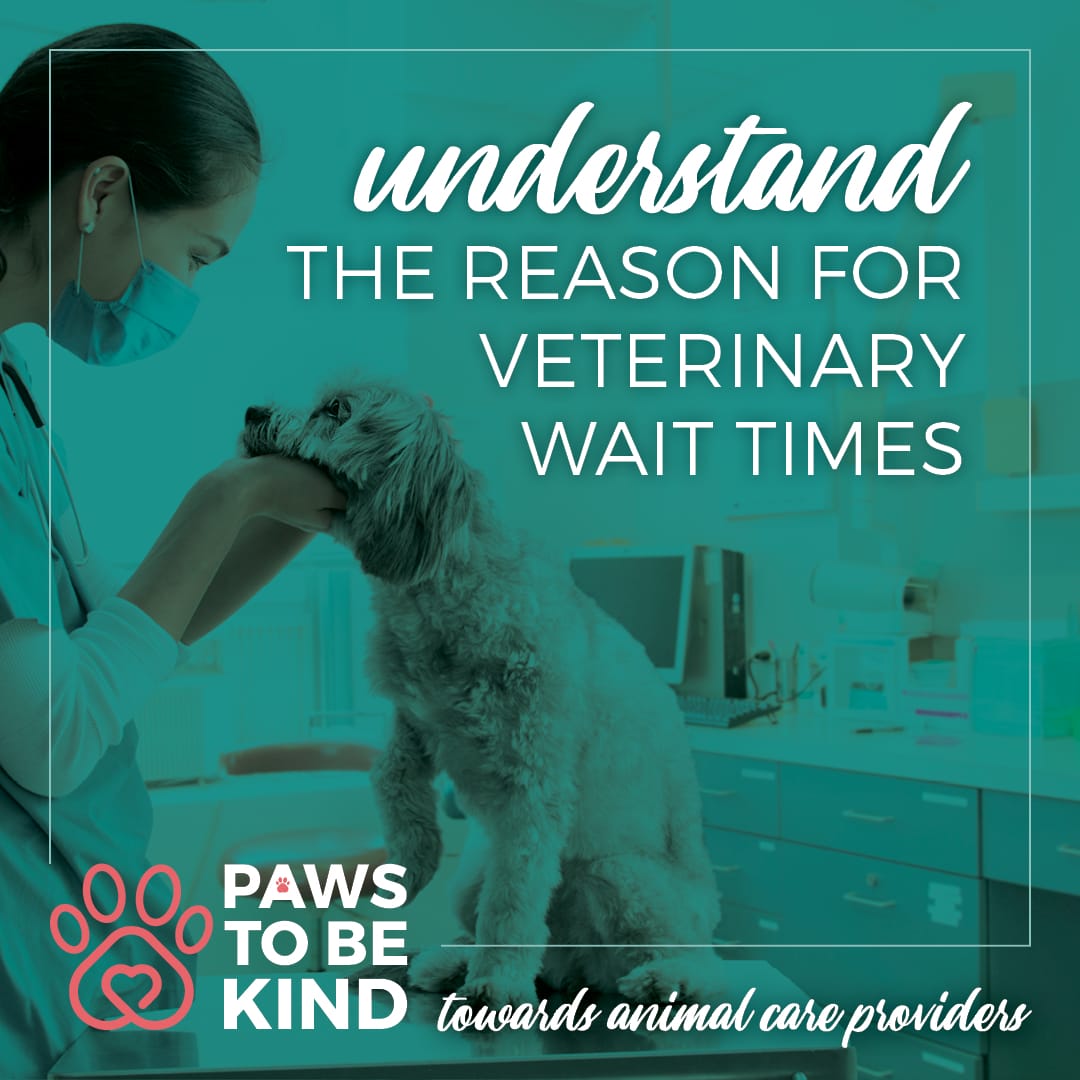
Understand the reason for the wait times. The increase in the number of new pet owners has maxed out available appointment slots at most Hampton Roads veterinary practices. In addition, curbside appointments take more time to accommodate new check-in/check-out protocols. Please be patient; veterinary heroes are hard at work!
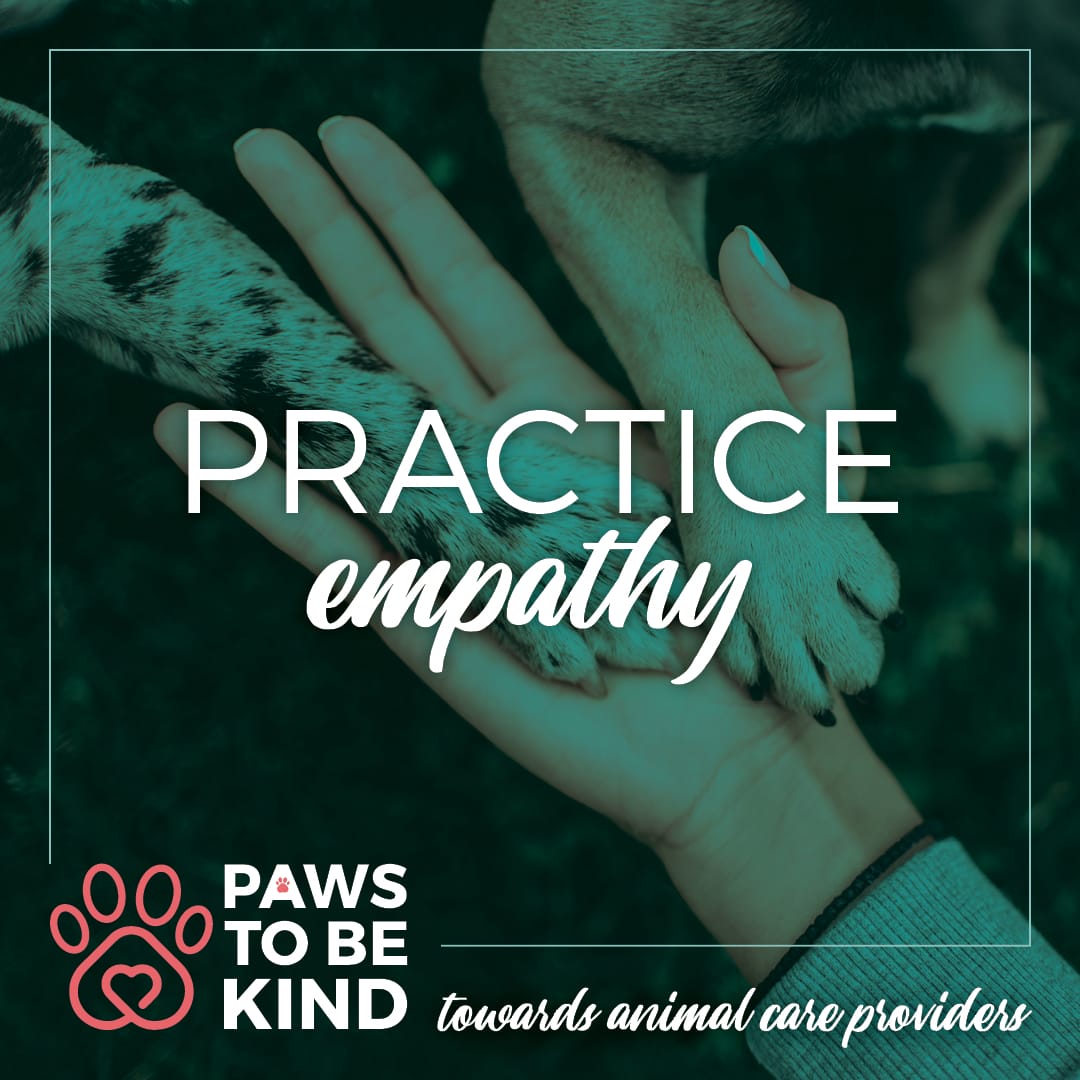
Practice empathy. Veterinary professionals are working long hours, often under stressful conditions. Think about things from their perspective. They are pet owners too, and want the very best outcome for your loved ones.
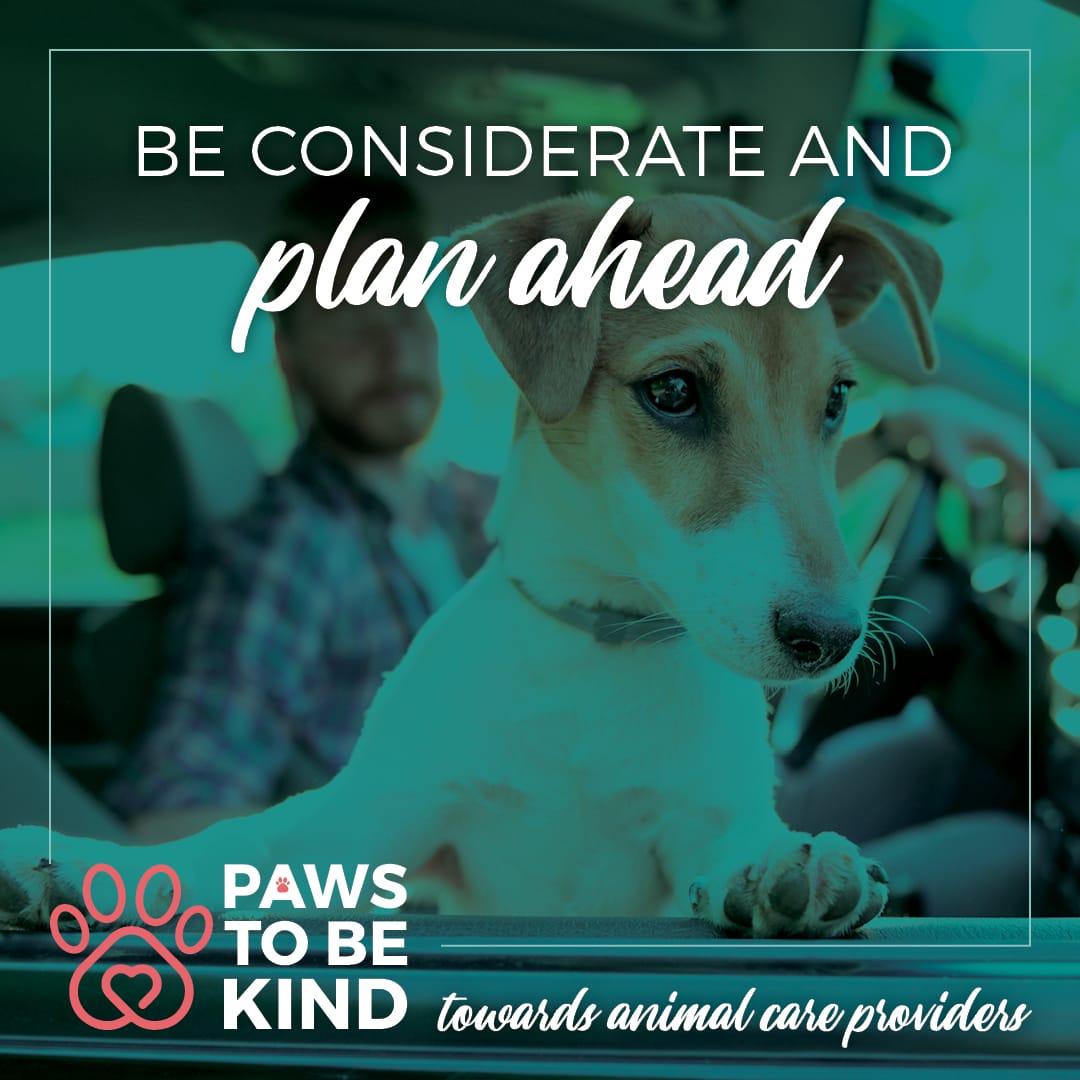
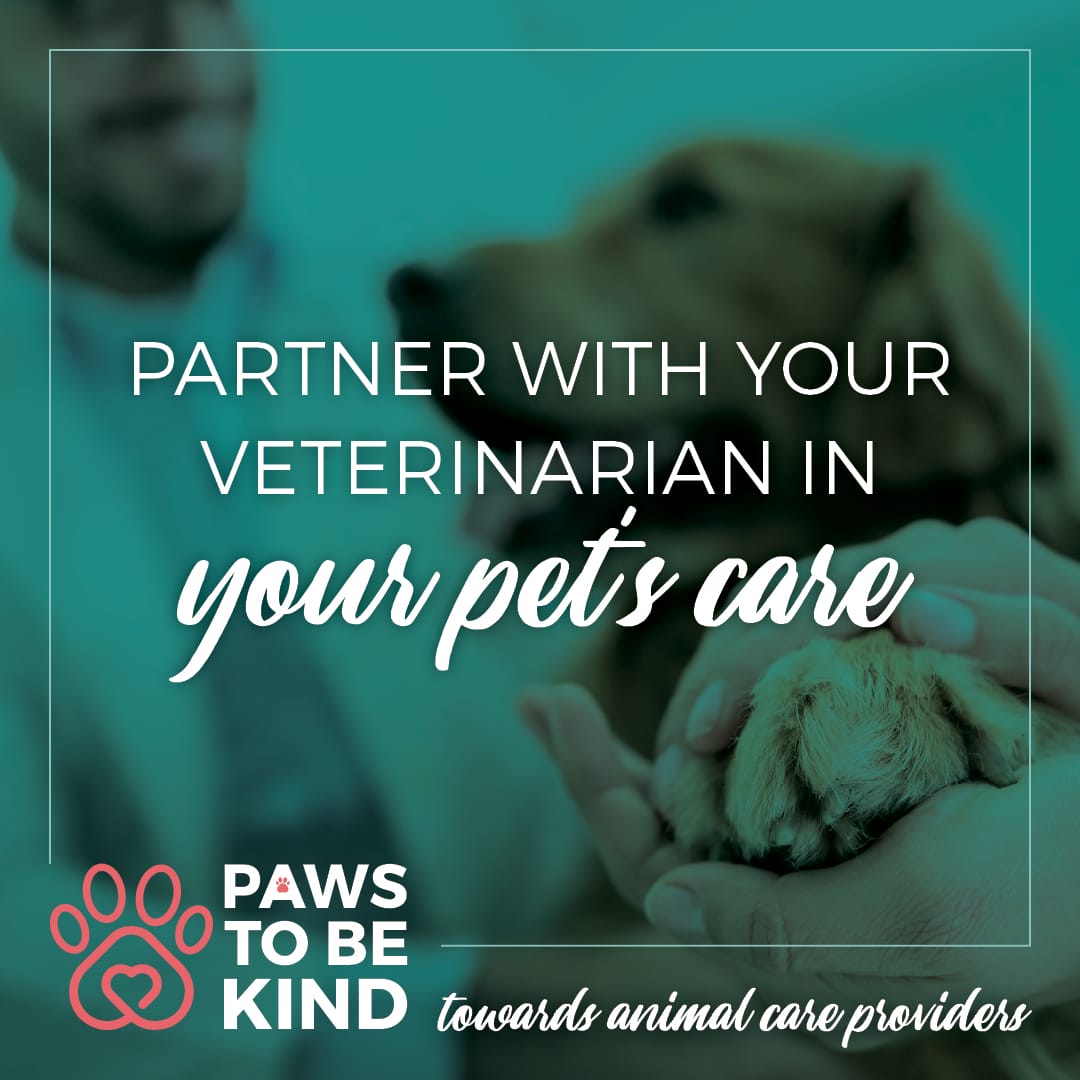
In addition, those unable to schedule a new pet with a family veterinarian at this time for pet inoculations can check with their local SPCA and inquire about vaccine clinics. Their staff can assist and then refer patients back to the primary veterinarian for ongoing care.
